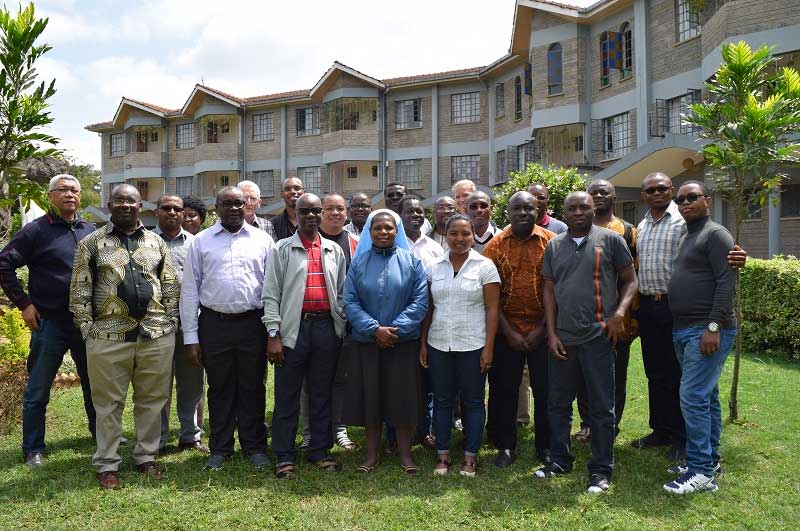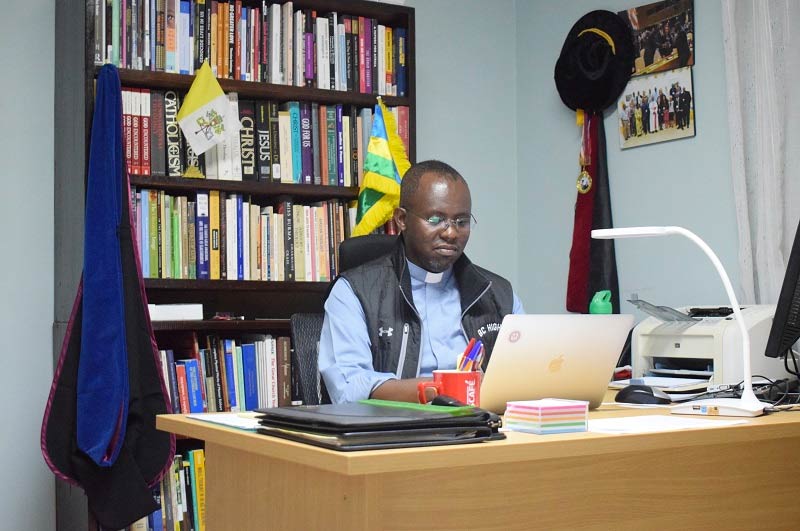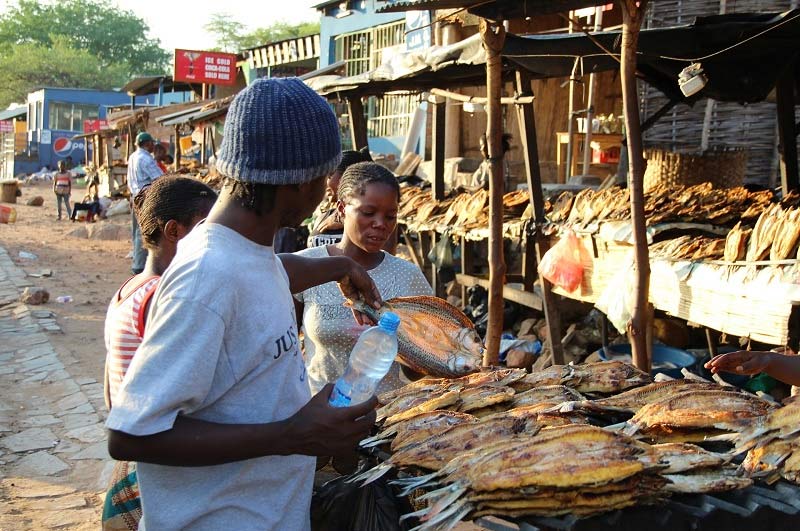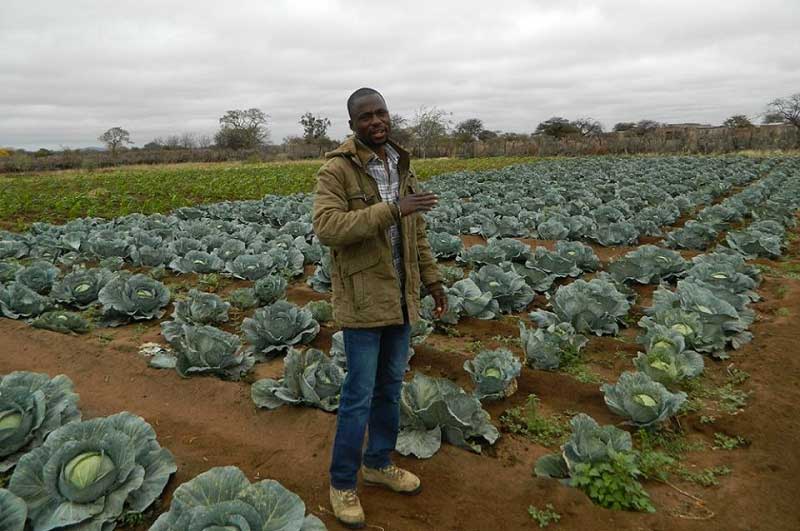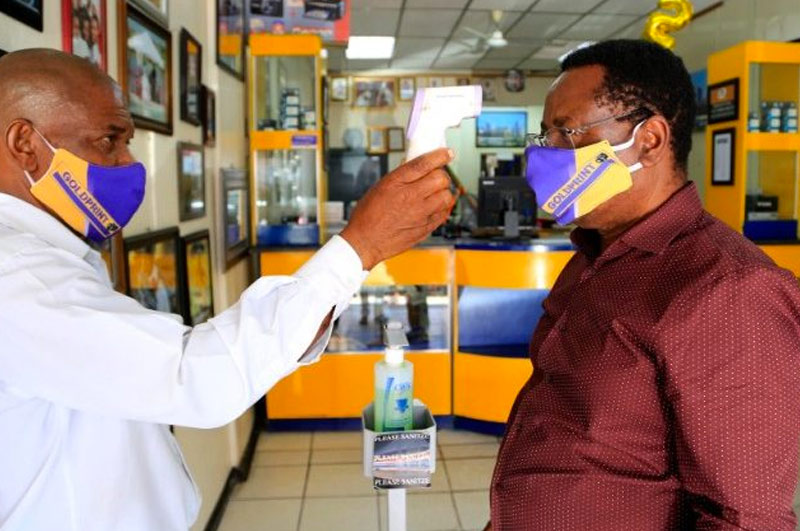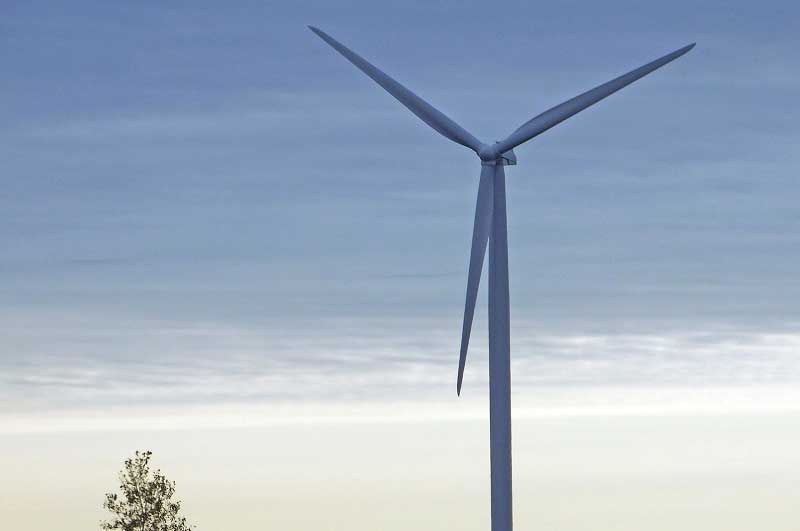


The clearing of the air during lockdown was just one more piece of empirical evidence that our economic activities have been creating serious pollution. Recently, a visibility study to predict the amount of particle pollution in the air was carried out in Nairobi, Kampala and Addis Ababa. The results showed that over a period of 45 years, Nairobi has lost 60% of its visibility, meaning that the average visibility dropped from about 35 KM in the 1970s to about 14 KM in the 2010s. Kampala and Addis Ababa showed a loss of visibility of 56% and 34% respectively. From this data, scientists are able to calculate air pollution levels and how much clean air and blue sky we depriving ourselves of.
Most of the time the air we breathe is filled with tiny invisible particles posing serious dangers to our lungs, bloodstreams and bodies. Not only are these pollutants depriving us of clean air and blue skies but are dangerous for our health and wellbeing. The UN informs us that a quarter of deaths from a heart attack, about a third of deaths from stroke, chronic respiratory disease and lung cancer are a consequence of these dangerous pollutants in the air.
Airborne pollution is the single greatest environmental risk to human health and one of the main avoidable causes of death and disease globally, according to the UN. In 2016, a staggering 91% of the world population was living in places where the World Health Organisation (WHO) air quality guidelines were not met. In the same year, an estimated 6.5 million deaths across the world were attributed to both indoor and outdoor air pollution.
In developing countries, as it is mostly the case with social injustices, women and children suffer disproportionately. Looking particularly at poor communities, one finds many people being exposed to high levels of ambient (outdoor) air pollution and indoor air pollution from cooking and heating with firewood and kerosene. The WHO tells us that some 3 billion people who cook and heat their homes with biomass, kerosene fuels and coal are prone to serious health risks because of indoor smoke. These are some of the poor that Pope Francis alluded to in his encyclical on the environment, Laudato Si’. He laments the disproportionate impact of the environmental crisis on the poor and how urgent change of behavior can mitigate the situation.
Working diligently for the reduction of pollution and clean air and for blue skies is therefore indispensable for the good of our planet and humanity. The WHO tells us of a close correlation between exposure to high concentrations of small particulates or atmospheric aerosol particles and increased mortality or morbidity. Hence, the WHO continues, reduction in concentrations of small particulates leads to a reduction in related mortality.
Taking care of our planet and the environment means protecting the fundamental right to life and its preservation. It also means taking care of our health and enhancing that of the rest of creation. Starting in 2020, the UN will commemorate International Day of Clean Air for Blue Skies on 7 September which happens to fall during the Christian Season of Creation –an annual ecumenical celebration of prayer and action to protect our common home which takes place between 1 September and 4 October.
The UN and its Member States, just like the Ecumenical Leaders, are cognizant of the urgent need to reduce the amount of pollution, improve air quality, and to ensure clean air. The International Day of Clean Air for blue skies is an acknowledgment by the international community “that improving air quality can enhance climate change mitigation and that climate change mitigation efforts can improve air quality.”
Such efforts from the UN and the international community should be commended and accompaniment by Pope Francis’ call to conversion. He challenges all Christians, even those who “tend to ridicule expressions of concern for the environment to allow the effects of their encounter with Jesus Christ to become evident in their relationship with the world around them.”
Related Articles
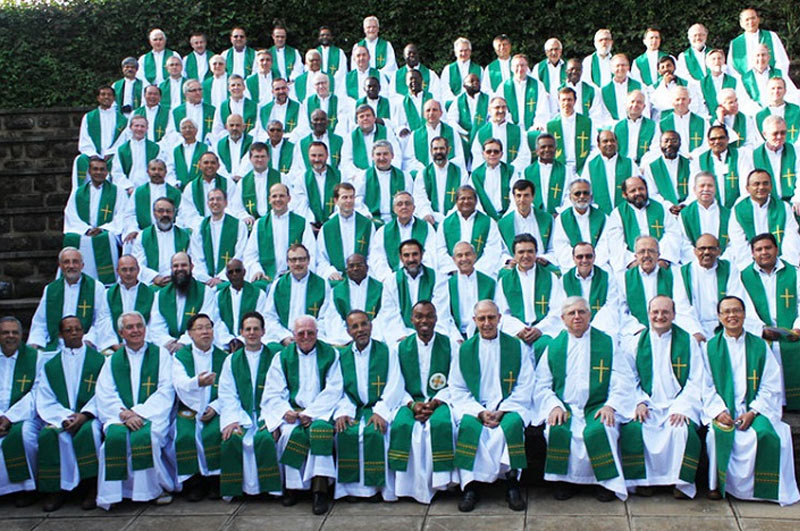

Select Payment Method
Pay by bank transfer
If you wish to make a donation by direct bank transfer please contact Fr Paul Hamill SJ treasurer@jesuits.africa. Fr Paul will get in touch with you about the best method of transfer for you and share account details with you. Donations can be one-off gifts or of any frequency; for example, you might wish to become a regular monthly donor of small amounts; that sort of reliable income can allow for very welcome forward planning in the development of the Society’s works in Africa and Madagascar.
Often it is easier to send a donation to an office within your own country and Fr Paul can advise on how that might be done. In some countries this kind of giving can also be recognised for tax relief and the necessary receipts will be issued.



